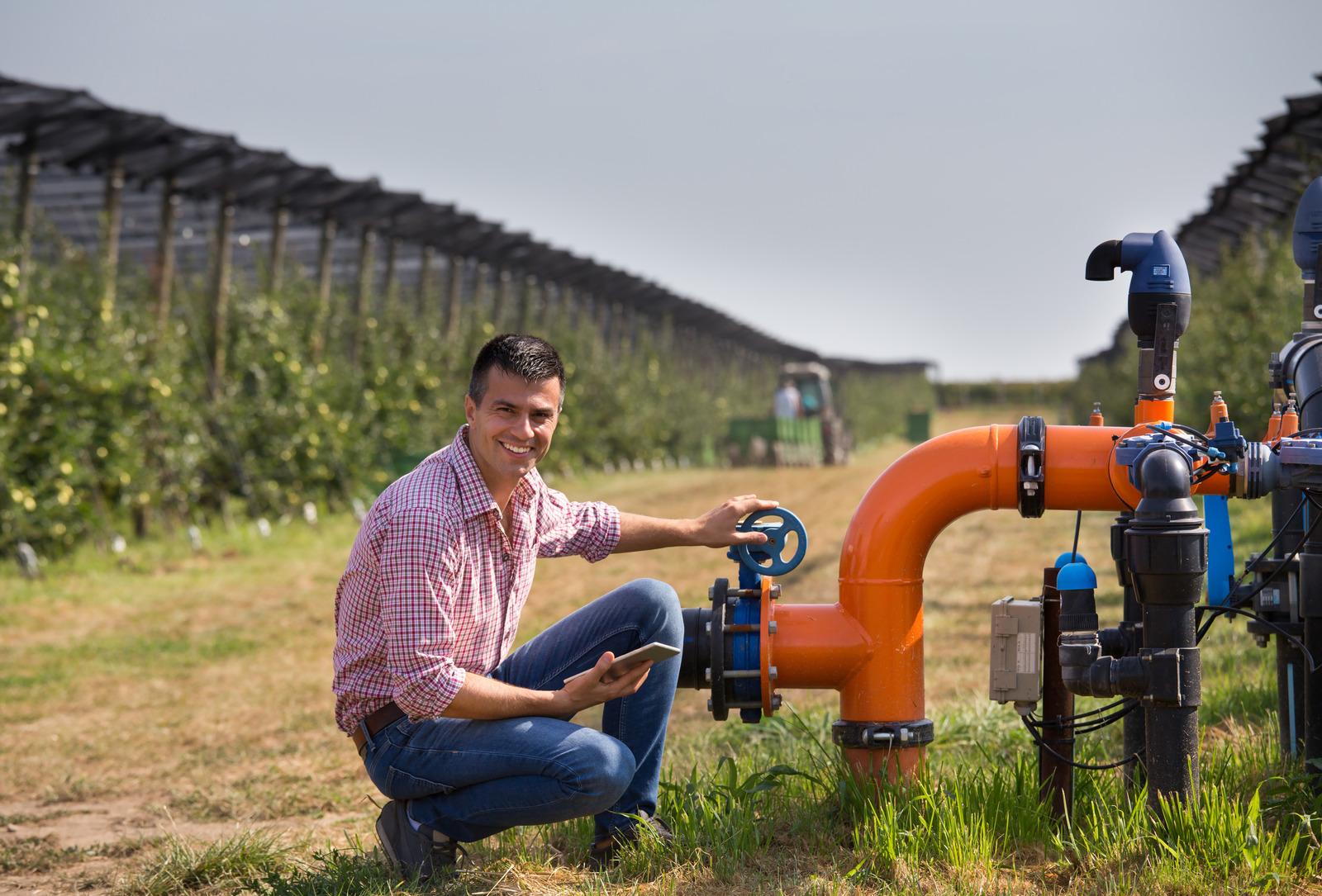Achieving efficient irrigation starts with the quality of the water itself. Subpar water can lead to increased wear on nozzles, and more importantly, can cause adverse effects on crop growth and even soil salinization.
To ensure long-term equipment function and optimal plant health, irrigation water standards should be strictly followed. The pH value, for instance, should be kept between 5.5 and 8.5. Furthermore, the total dissolved solids (TDS) must be less than 2000 mg/L to prevent salinization, while chloride and sulfate content should also be monitored. Always try to avoid water with excessive sediment content during sprinkler operations.
